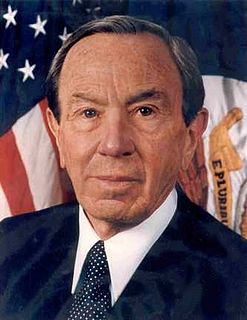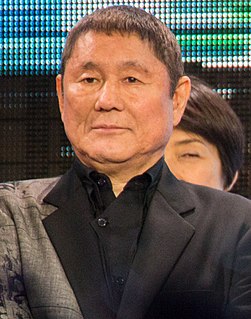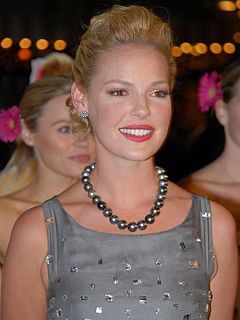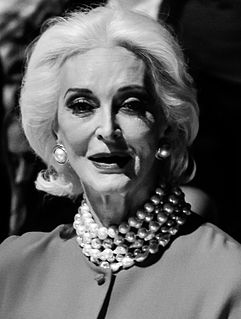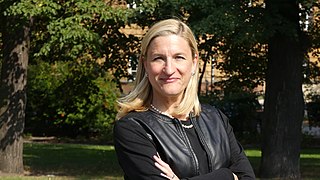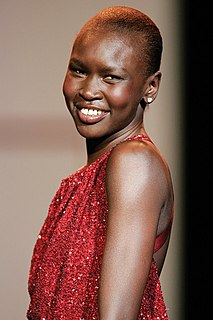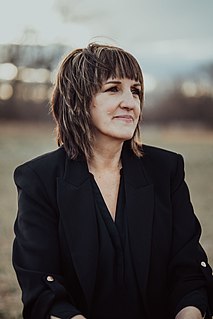A Quote by Alice Munro
I knew I would be famous one day. That's because I lived in a very small town and nobody liked doing the same things I did, like writing.
Related Quotes
The reality that we were growing up in was very young and vibrant, and nobody was capturing that part of India. I started to backpack after getting out of college. I hiked and did a lot of things nobody was capturing in art at all in India, so I wrote my first novel. It was a very, trippy, experience-filled novel, and it ended up doing very well in India because nobody was writing about that at that point.
I was friends with Salvador Dalí until the day he died. Lucky me. I can't say why. I didn't live to be noticed, I lived to enjoy the excitement of doing right that day, and I knew I was doing it right when they would have me back. That was the thrill for me. I yearned to be validated because my mother was stern and I never did much right, that's how I perceived it.
...the girl longed for a love that could not be ended by death. From the time she was young, she knew that her true love was there, somewhere, living a life that would one day intersect her own. Knowing this made every day full of sweet possibility. Knowing that her true love lived and breathed and went about his day under her same sun made her fears vanish, her sorrows small, and her hopes high. Though she did not yet know his face, the color of his eyes, still she knew him better than anyone else knew him, knew his hopes and dreams, what made him laugh and cry.
When they were introduced, he made a witticism, hoping to be liked. She laughed extremely hard, hoping to be liked. Then each drove home alone, staring straight ahead, with the very same twist to their faces. The man who'd introduced them didn't much like either of them, though he acted as if he did, anxious as he was to preserve good relations at all times. One never knew, after all, now did one now did one now did one.
An important decision I made was to resist playing the Blame Game. The day I realized that I am in charge of how I will approach problems in my life, that things will turn out better or worse because of me and nobody else, that was the day I knew I would be a happier and healthier person. And that was the day I knew I could truly build a life that matters.

